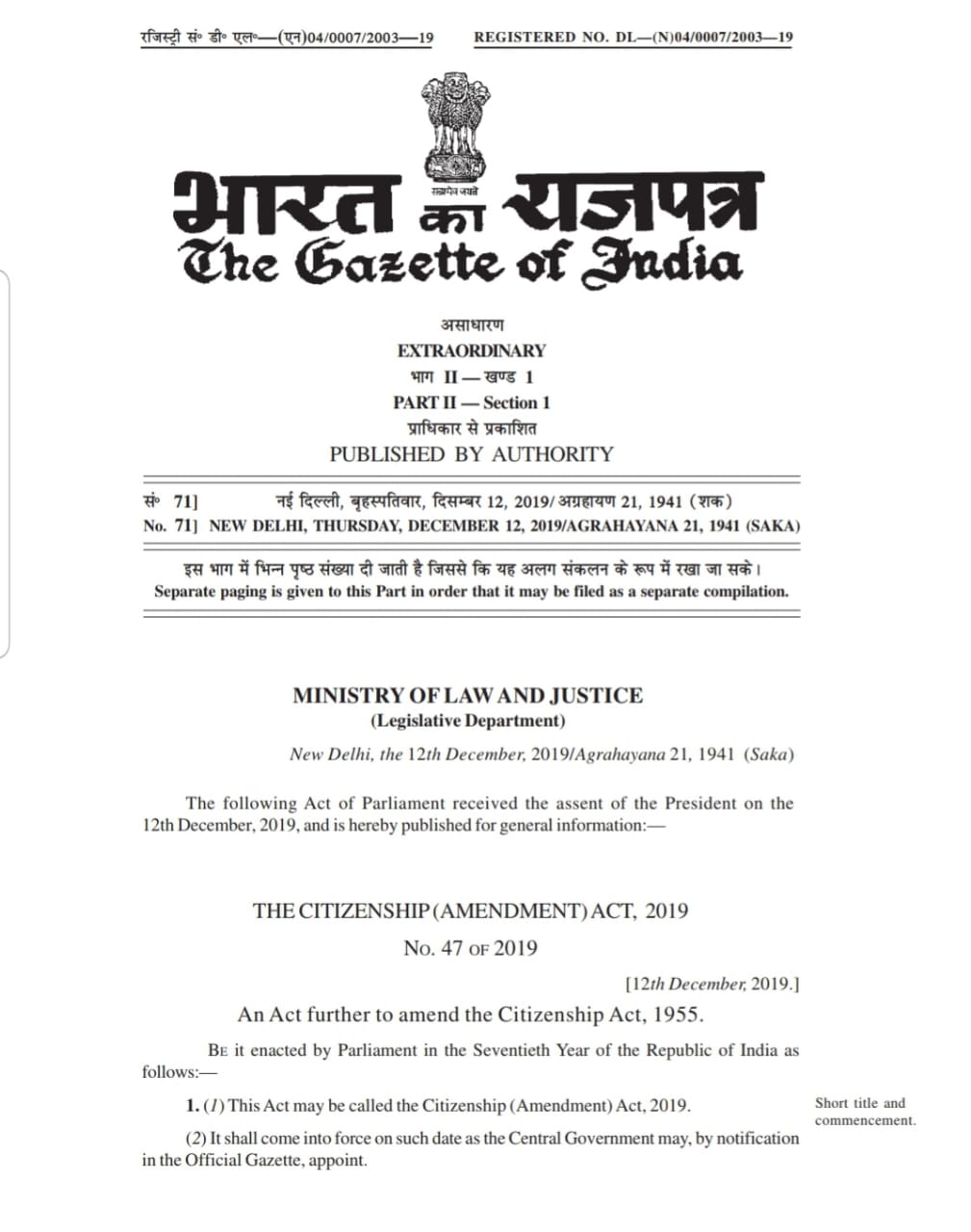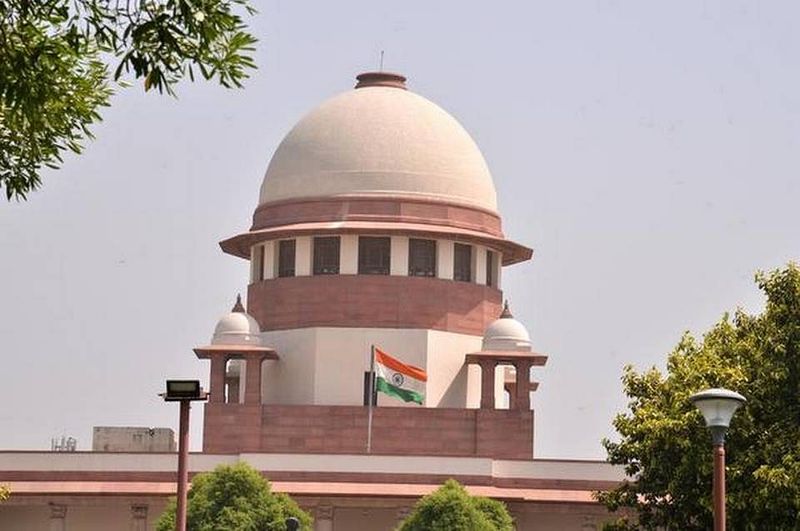The question is what happens to any one other than the groups brought under the CAA 2019 if they wish to come to India and to seek citizenship. There is no problem legally. As the Citizenship Act 1955 and it’s pro- visions for granting citizenship to anyone on merit still intact and exists in the Indian Constitution.
 Debabrata Deb
Debabrata Deb

The CAA is legislated for certain religiously persecuted communities in reference to the countries of Pakistan, Afghanistan & Bangladesh where after Partition the Governments have adopted non secular Constitution. So the CAA is worded and made specific to Hindus, Sikhs, Jains, Buddhists, Parsis, Christians in reference to those three countries for the purpose of the amendment of the Act. If all countries of the UNO were involved the CAA would be worded and be made applicable for ‘persecution of Minorities’ and not by religions under specific name.
The Citizenship (Amendment) Act 2019 is an amendment only while the original Citizenship Act and it’s provisions have not been replaced by the present amendment of CAA 2019. The provisions of CAA 2019 are an insertion to the original Act. The amendment is specific to countries, specific to communities and in specific time reference and addition to all other amendments already existing under Citizenship Act of Indian Constitution.The details of CAA are available in the egazette.nic.in (PDFTHE CITIZENSHIP (AMENDMENT) ACT, 2019 NO. 47 OF 2019 An Act )
The historical footnote which is important to realise is the Genesis of Partition and the circumstances leading to the mass Exodus from both sides of the divide of the then India. The commitment made to the people by the erstwhile national leaders to accept the non Muslims population in particular to cross over to newly created entity called India that is Bharat as citizens. There is no record to show or atleast not known to the author of this writing that they made any cut off date for the Hindus to come over to India .The Muslim population which chose to stay back and settle in India and accept it’s citizenship after Partition were allowed and accepted as Citizens of India.The present amendment of Citizenship Act has not altered the position of population and its status as acquired and continued under the original Citizenship Act of 1955.
The question is what happens to any one other than the groups brought under the CAA 2019 if they wish to come to India and to seek citizenship. There is no problem legally. As the Citizenship Act 1955 and it’s pro- visions for granting citizenship to anyone on merit still intact and exists in the Indian Constitution.
The present CAA 2019 is in fulfilment of the commitment made by the then national leaders to the non Muslim population arising out of the Partition on religious lines.
The decision of the Supreme Court will in my view hold the Amendment as valid because equality before law under Article 14 of the Constitution is not violated for the reasons that there is a specific class of people and specific objectives to be fulfilled under the amendment without diluting the principle of Article 14 in all other situations and circumstances.

The controversies and chaos raised in the context of it’s applicability and extent is rather unfounded when read and understood purely from legal perceptions and validity of the legislation. The politics is a different ball game and has its own end games to fulfill. The people are often guided and influenced by strong political narratives coupled with equally strong social media influences. The people of India deserve simple easily understandable narration of the CAA in every nook and corner of our country by the Government in all languages so that fears and suspicions are removed.




